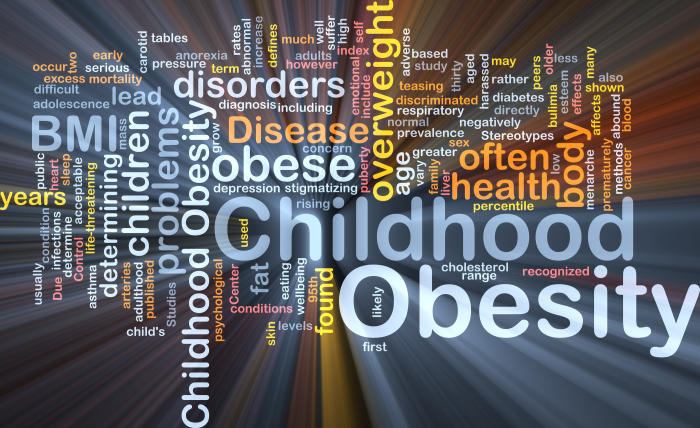FAQs
In the same way that we approach each young lady who attends Gem Academy uniquely, there are always variations of questions or concerns. We encourage you to contact us directly with more specific questions.

Frequently Asked Questions
What about academics (competitive, college)?
College admissions departments are looking for experiences that sets a student apart. They look for students who can make a difference. In uprooting herself and taking on a challenge that few are successful at, she will put herself in a small percentage of the successful. That she did all this while working to be an agent of change and help others will set her apart.
Guaranteed, in the litany of admission essays that her future college admission board will read, there will not be another student who has done what your daughter has done.
The staff at Gem and the families of our students understand that long-term health trumps any competitive advantage. Our students will finish their experience at Gem from a position of strength, their opportunities won’t be fleeting or fragile. They will be able and confident in creating the opportunities they want.
Isn't sending my daughter to a boarding school extreme?
Also, it is important to note that over 80% of the inquiries we get are from the students themselves. They understand that Gem is where their opportunity is the best and their success almost certain so sacrificing a short period of time to start a longer and healthier life seems like a small price to pay to them.
Do you use medications, supplements, etc for weight loss?
Do you have a doctor on staff?
Will my daughter have fun?
Will my daughter be hungry/ get enough to eat?
They can lose weight there but what happens when our daughter returns home?
Then we continue to support and engage our student long after they leave Gem because given past experience the more engaged a student is in continuing care and mentorship the more successful they will be.
We've considered bariatric surgery, why would Gem be better option?
Our daughter hasn't needed therapy before?
What is often not considered is the adjustment a student goes through after having radically changed their physical appearance. This can be a big change and learning to navigate the world and relationships takes time, understanding and support from people who have walked this path with hundreds of students before.
Is Gem Academy a "Boot Camp"?
Won't she grow out of it (maybe it's a phase)?
The statistics say no. Varying studies put the percentage between 80-85% of teens with obesity will become adults with obesity. Without a gender breakdown and given the late maturation of boys compared to girls, the assumption could be made that the percentage may be even higher for girls.
The number of fat cells for a human is established by puberty and outside of very extreme cases will not change over the course of their life. For adolescents with obesity this means they have a condition that they need to learn about, understand and become very good at managing; and the sooner the better.